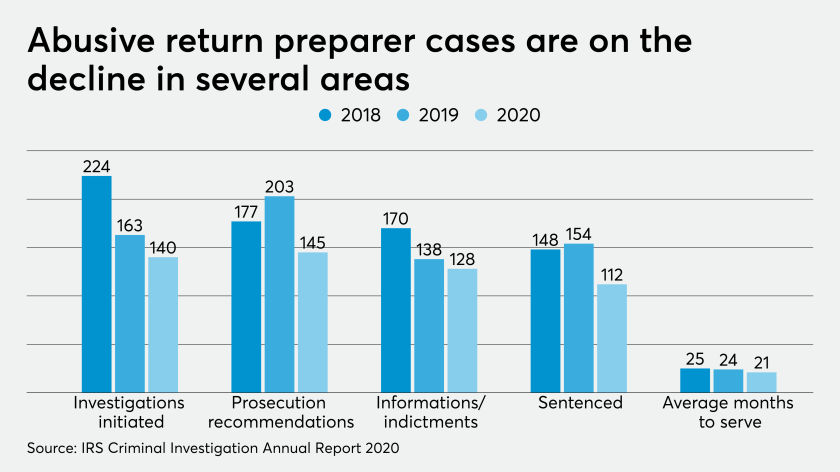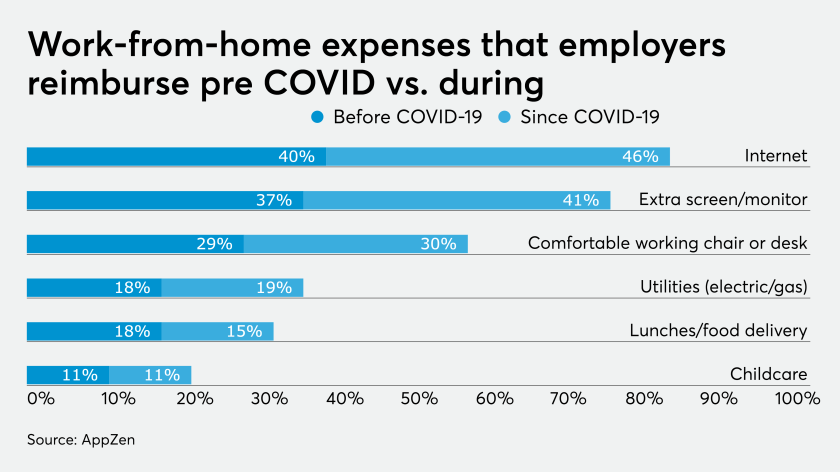As mandatory shelter-in-place orders issued by states and local governments slam small businesses, their owners are scrambling to find ways to cover critical overhead. At the same time, millions of people have lost their jobs due to the coronavirus crisis, yet still must pay mortgages and other huge financial commitments.
Some aid is coming. The Coronavirus Aid, Recovery and Economic Security Act promises some $350 billion in loans to small businesses (500 or fewer employees) to cover payroll and other expenses, but some business owners are already wading in red ink and need solutions sooner than the federal aid may become available. They, as well as other clients are turning to home equity lines of credit and other personal lines of credit to get through the crisis for the short term.

While the Fed’s dramatic rate drop in mid-March may have initially seemed like a boon to those looking to refinance their mortgages, the short-term effect has actually been a rise in rates, as lenders seek to stem a flood of refi inquiries that threatens to overwhelm their systems. But HELOCs are tied to the prime rate and float in response to market conditions. That makes them a better and more economic way to borrow in the current environment, with the Fed doing everything possible to maintain liquidity in the economy.
Make no mistake, I’m advising my small business owner clients to take every opportunity to tap into the Cares Act lending spigot. A client called me just recently, grieving because he was being forced to lay off loyal and trusted employees. When I mentioned the possibility of the government program, he told me, “I’m going to call those people and reire them; I hope the bill passes.”
It was a great relief to be able to tell him that the bill has passed the Senate on a unanimous vote and is headed to the House. His business will qualify for loans to maintain payroll, and the loans are forgivable. He can also get payroll tax refunds to offset costs of paid leave and other employee expenses related to the COVID-19 crisis.
But for those who can’t wait for the government program rollout, tapping into a HELOC can probably offer the least expensive way, interest-wise, to bridge the short-term gap created by vanishing revenue streams.
And by the way, this isn’t just an idea for your small-business owner clients. I recently counseled with a client couple who were buying a new home. Trouble was, they were also trying to sell their previous home. They were able to handle the purchase without a huge mortgage, so I advised them to secure a HELOC in the new home. In the meantime, COVID-19 came along and changed everything almost overnight, so I’m now advising them to tap into their HELOC for emergency needs. The interest rate is lower than anything else they can get right now, and when their other home finally sells, they’ll be able to pay off the HELOC and resume a more normal life.
This is also a good idea for older clients who likely have paid-off mortgages or large equity balances in their homes. If they are concerned about shortfalls in their income from investments because of recent market declines, I would advise looking into tapping a portion of their home equity to help them make ends meet. This is much less expensive than living on credit cards, and when things return to normal, they’ll likely be in a better position to repay the loan.
Of course, for those losing their employment in the current crisis, qualifying for a HELOC is likely to be a problem. But for the right client, creatively utilizing a line of credit secured by home equity can be a viable solution for this unusual time, especially for those who can’t wait for the government program rollout. Tapping into a HELOC can probably offer the least expensive way, interest-wise, to bridge the short-term gap created by vanishing revenue streams.
The institute released the pair of reports as companies increasingly rely on their CFOs and accounting departments to help them survive beyond the coronavirus pandemic.
The Internal Revenue Service’s Criminal Investigation unit has been initiating fewer investigations of abusive tax return preparers this past year, while also recommending fewer prosecutions, and seeing fewer indictments and prison sentences this year.
The Governmental Accounting Standards Board is giving state and local governments extra time to implement its new leases standard because of the coronavirus pandemic, and they will need it.
The Federal Housing Administration said in its annual actuarial report that the capital reserve ratio on its mutual mortgage insurance fund increased to 6.10% in fiscal year 2020, up from 4.84% a year earlier.
The percentage of workers asking for compensation for work-from-home expenses with their employers hasn’t gone up significantly since the outbreak of COVID-19.










